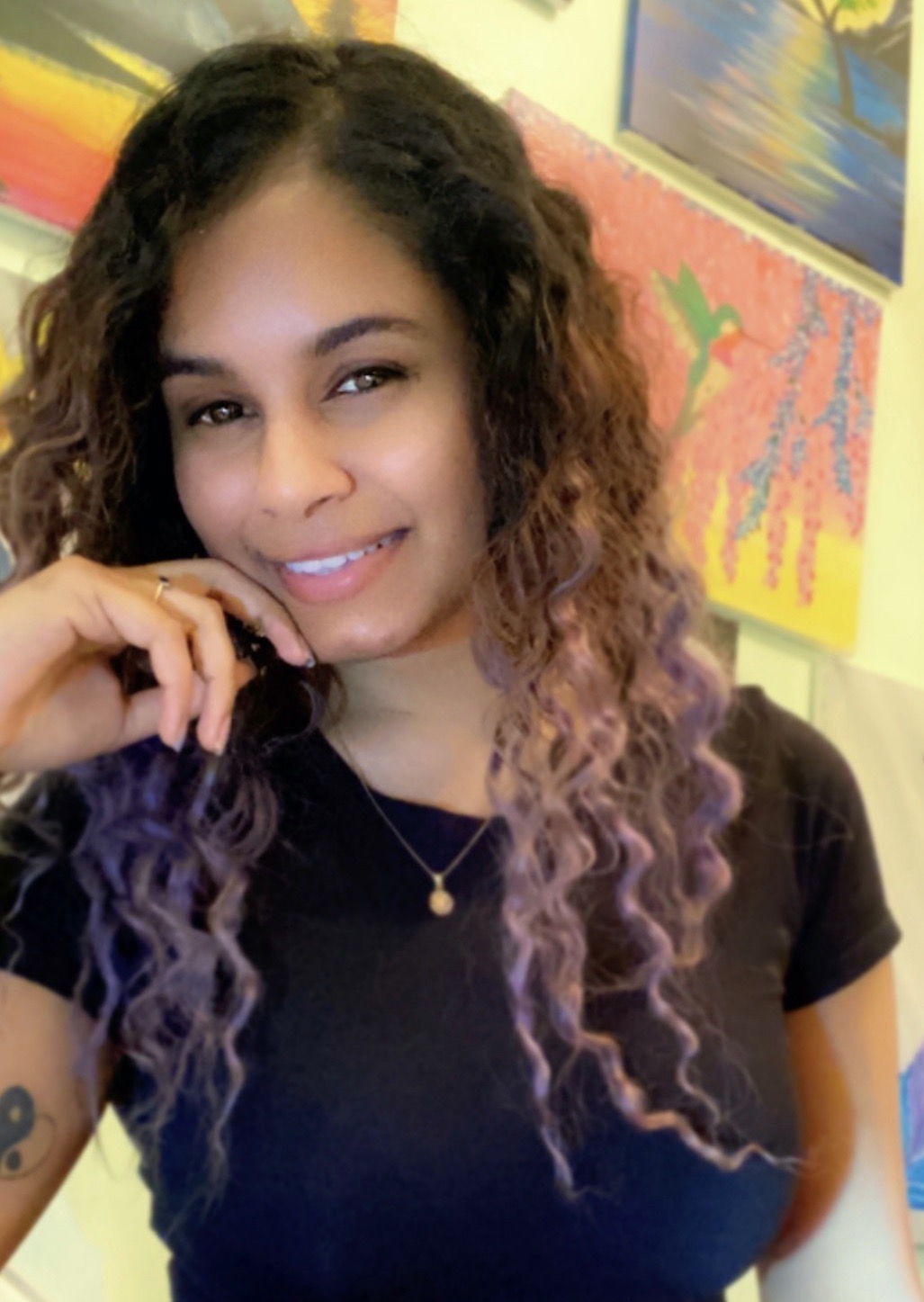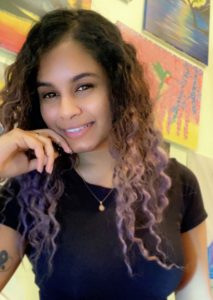

Before the Covid-19 outbreak, Stacey Mohamed, a licensed mental health counselor and recent Brooklyn College graduate, provided counseling through group therapy at an outpatient clinic. She worked closely with those battling chemical addictions and mental illnesses. But ever since the pandemic enforced distancing measures, Mohamed’s job has grown increasingly complicated.
During the pandemic, Mohamed has experienced a new set of challenges, including having her in-person sessions cut from her practice, an influx of patients, and fewer paid hours. Her organization, along with many others, has switched to virtual telehealth, which connects patients to providers via various digital platforms. It took time for Mohammed to adjust to her workload and her patients’ needs. “My specific population of patients are mandated by the state,” she said, and her biggest hurdle has been, “trying to get my patients engaged in therapy again because… they need this.”
It was important for Mohamed to maintain the relationship that she had with her patients through this new virtual platform. She finds that with the transition to telehealth, patients have been less willing to share their thoughts over the phone, which she recognizes as one of virtual therapy’s most significant flaws. “For my patients with severe mental illnesses, I really want to be there for them, face-to-face,” said Mohamed. “They don’t really want to engage. You can’t read their expressions and you can’t read their body language. That in-person interaction makes all the difference, for me, that’s what makes therapy so much stronger.”
The increased intake of clients and virtual sessions also means that Mohamed has begun counseling patients she hasn’t even met yet in person. This has been especially frustrating for her as a therapist, at times feeling as though newer clients were slower to trust her.
Since a huge aspect of her profession is relationship building, Mohamed has had mixed feelings towards telehealth therapy. Though her patients feel she can support them whenever they need her most, she no longer has time to care for herself. “One of the positive things about it is that my patients have access to me essentially 24/7, but it’s kind of negative for me, in a way,” Mohamed said. “My work has now become my everyday life, and there hasn’t been any time for me.”
Mohamed usually finds herself responding to patients outside of her office hours, as there are many cases that she considers essential. “Some patients do need that extra support. The ones that have psychotic ideations and the ones that are maybe suicidal… I can be there for them, of course I can,” she said.
Having to be there for others professionally while battling her anxieties in her personal life has been a constant struggle for Mohamed. She has counseled patients who have lost their loved ones due to Covid-19, as she has dealt with her own grief. Mohamed has lost relatives and some of her patients to the virus. Before the outbreak, when she left the office, her work stayed there. “I could go through the stressors of dealing with everything that a patient went through, but I was disconnected once I left [work],” she said. “Now that my home in a way became the office, I don’t ever get to leave. It became my life.”
To cope with her anxieties, Mohamed finds peace in staying active as much she can. Her evening runs have been crucial to keeping herself sane. Though most days making time for exercise is difficult, she still tries to make working out fun and part of her routine.
With restrictions lifted, Mohamed is now seeing some patients between office meetings and continuing virtual sessions from home six days a week. As the pandemic continues, she hopes to master the ability to show up for herself as much as she shows up for her patients. Still figuring it all out herself, the most important thing that Mohamed wants her patients and others who may be feeling overwhelmed to know is the importance of self-care. “Oftentimes we are so busy trying to help everyone else and we neglect the most important person, which is ourselves,” she said. “I talk to my patients about this, you have to be selfish with your time. You have to be selfish with you.”
“Mental and physical go together,” she said. “Even if it’s an hour or 20 minutes, make sure that you do something that is solely for you each day.”
